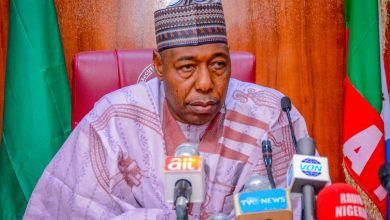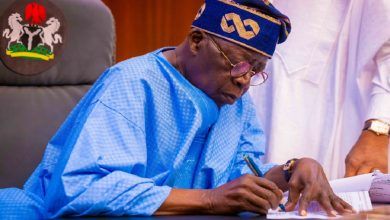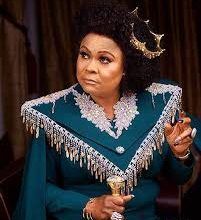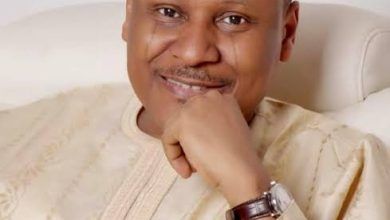Toppled Statues, Protests: Australia Marks Contentious Holiday
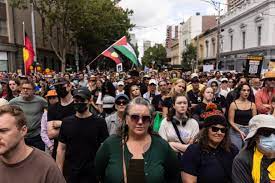
Thousands of Australians have gathered at rallies against the Australia Day holiday, which marks the arrival of British colonists in 1788 and has become increasingly contentious.
Protesters gathered on Friday at Invasion Day rallies in Sydney, Melbourne and other major cities across the country, according to the Australian Broadcasting Corporation (ABC).
Once known as a time when Australians held barbecues and went to the beach to mark the end of the summer holidays, debate has grown over the meaning and purpose of the holiday, which is marked on January 26; the day a fleet of 11 British ships carrying a human cargo of convicts arrived in present-day Sydney in 1788.
Indigenous people refer to it as Invasion Day or Survival Day because it marked the start of a sustained period of discrimination and dispossession of Indigenous peoples without the negotiation of a treaty. The lack of such a treaty puts Australia out of step with other countries including the United States, Canada and New Zealand.
On the eve of this year’s holiday, protesters damaged two monuments to the country’s colonial past in the southern city of Melbourne, itself named after a former British prime minister.
A statue of Captain James Cook, who mapped the coast around Sydney in the 18th century and first claimed the territory for Britain, was sawn off at the ankles, while a monument to Queen Victoria was doused in red paint.
Images posted on social media showed the Cook statue lying on the ground with the words “The colony will fall” spray-painted on the stone plinth where it had previously stood.
Protesters threw red paint at the same statue in January 2022.
“This sort of vandalism has no place in our community,” said Victoria state premier Jacinta Allan.
At Friday’s rally in Melbourne, organiser Tarneen Onus Browne said the holiday needed to go.
Hundreds of people also attended dawn services to mark January 26.
He said such activities were designed to bring Australians together.
“We’ve got to look forward to a pathway that takes us and brings us to a place where we can engage in a better dialogue about resolving issues, differences, reconciling outstanding matters and say, hey, we’re all in this together, we’re a nation, we’ve got this country, we’re all fellow Australians,” he said.
Polls show a majority of Australians are keen to keep the public holiday and the name, but are divided, often along political lines, about changing the date.

